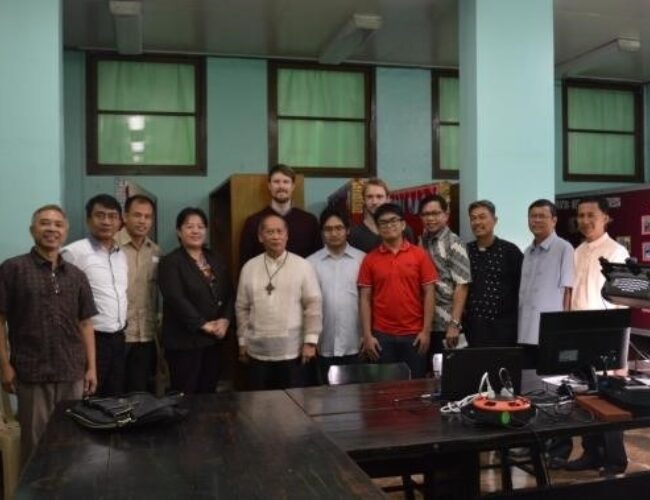Documenting the religious self-assertion of the Filipino elite around 1900, the records of the Iglesia Filipina Independente not only represent the negotiations between a local elite and the administrations of subsequent colonial powers, but they are also an important part of the trans-regional and transcontinental interactions between non-missionary Asian-Christian movements.

The Iglesia Filipina Independiente (IFI) was founded in August 1902 through the activities of the Filipino intellectual Isabelo de los Reyes and the former Catholic priest Gregorio Aglipay. The IFI soon became the most important Rome-independent Catholic church in Asia and still exists today, being in full communion with the Union of Utrecht of Old Catholic Churches and the Episcopal Church in the United States. Its archive is highly significant as a record of the early history of the religious self-assertion of the Filipino elite around 1900 in the context of a changing colonial world.
The material has been located in the archive of the IFI since the mid-20th century. While it is kept in professional archival boxes in the library of the St. Andrew’s theological library, there is no long-term preservation effort possible at the moment. Every time the material is accessed by a researcher it is highly likely that more of it will be destroyed, even with careful handling of documents.
The project digitised 12,000 letters, tracts, small booklet, photographs and typescripts. The project trained two assistants at the Bishop Frank Mosher Library, who have continued the digitisation efforts in the monastery.
